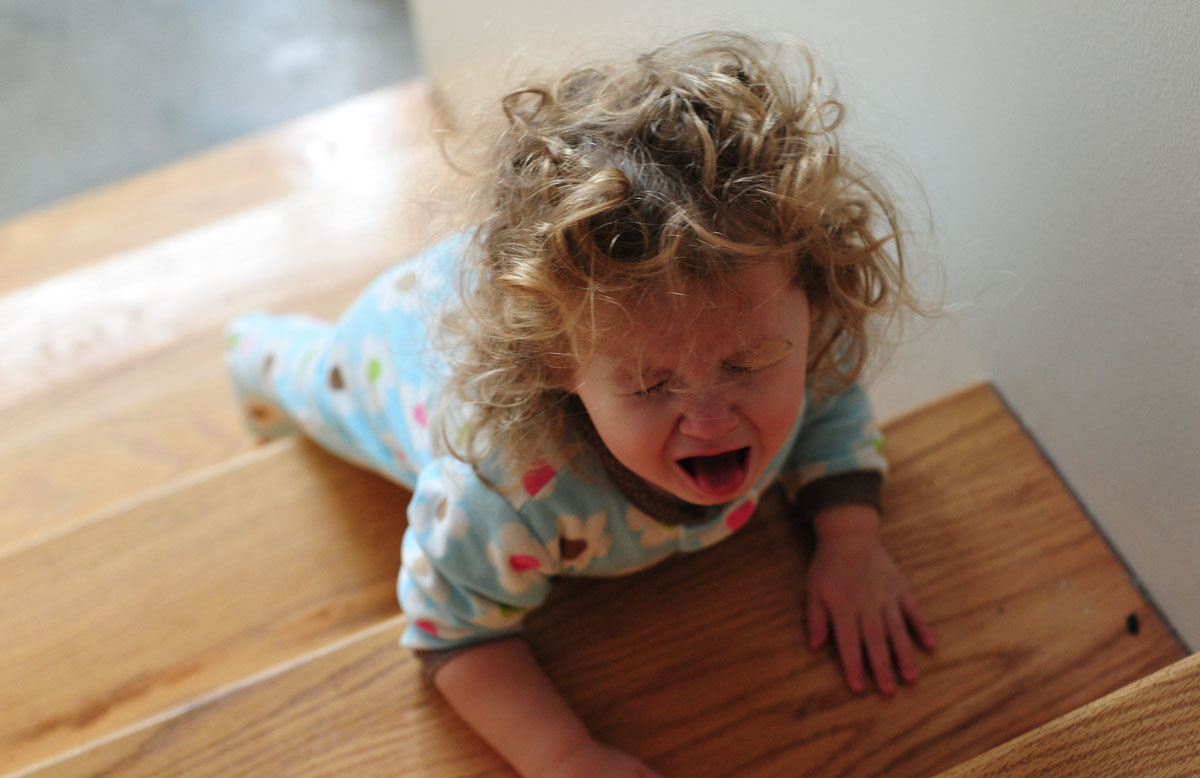Tantrums are incredibly common among kids aged 18-36 months. In several cases, kids maintain their breath, vomit, break things or get competitive as part of a tantrum. You may see fewer tantrums as your youngster gets older and better at managing bad feelings. Tantrums can go on – even to maturity – if they become a honest way for the child to get what he wants. You could do a lot in make it less likely that tantrums will continue to the school age years. The most crucial thing is to ensure you do not accidentally reward your kid’s tantrums.
This approach is appropriate for young kids, or for kids whose tantrums don’t occur very frequently or very severely. Tired, hungry and overstimulated kids are more inclined to throw tantrums. Certain conditions – shopping, visiting or mealtimes – may often involve temper tantrums. Once a temper tantrum is in full swing, it is too late for thinking or diversion. If you occasionally give your youngster what he needs when he tantrums and occasionally do not, the problem can become worse. Tantrums are serious and very disruptive to family life. Tantrums are causing you or your kid significant distress. Keep a journal of your kid’s tantrums for 7-10 days.
Identify the scenarios that make tantrums more prone to occur. Identify the triggers for the kid’s tantrums. Turn away from your kid, and do not look at or talk to her while she tantrums. Use time out: this is an efficient strategy if the tantrums are specially serious or you think it is impossible to dismiss tantrums. Dealing with tantrums could be extremely draining and stressful for parents. You can only keep your kid safe and do what you should do so tantrums will not as likely to occur in the future. Your child has lots of growing up to do before tantrums become a matter of the past.
Kids do not by choice scheme to throw tantrums – they are stuck in a bad habit or simply do not possess the abilities right now to continue with the scenario. Do not judge yourself as a parent based on how many tantrums the kid has. Starting to restrict your very own activities and the rest of the family due to one kid’s tantrums. In case your kid throws tantrums, you are not alone.
